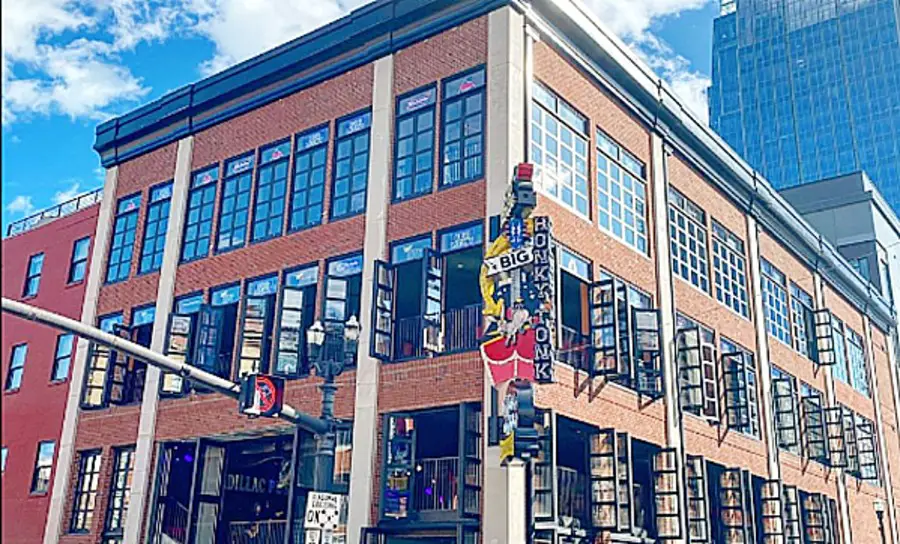
Steve Smith, who owns several Nashville bars, including Tootsie’s, Kid Rock’s Honky Tonk, Rippy’s and more, is criticizing the 10:00 PM curfew, currently in place in Nashville, for all establishments that serve alcohol. Steve, who has been outspoken about his disagreement with Nashville returning to a modified Phase Two, forcing bars to once again close, says the new order goes way too far, and is permanently detrimental to the employees.
“I’m not happy,” Steve told WKRN. “This pandemic, the only thing it’s affecting in Nashville is downtown Nashville and all the bars. They let all of the other surrounding counties operate.”
“I can go to Mt. Juliet and party,” he added. “I can go to Franklin and party, and come right back to Nashville.”
Because of the new order, which went into place on Friday, July 24, Steve estimates he will be out $10,000 to $12,000 each day.
“It’s killed us already,” Steve said. “It’s murdered us. It’s horrible. My employees don’t have no money. They are all out of work. It’s horrible.”
Kid Rock’s Honky Tonk was one of 14 businesses previously cited for not adhering to the guidelines set forth by the Metro Public Health Department.
“It’s unfair for 5,000 people to march in front of our place yesterday in direct violation of the Phase Two order and then for Mayor Cooper and Dr. Caldwell to come in last night and give us citations,” Steve’s attorney, Bryan Lewis, told WKRN, after the citation was issued.
“This is selective enforcement,” he continued. “Mayor Cooper cannot have it both ways. The business owners in Nashville are sick and tired of this, if we were under Governor Lee’s plan, we would already be in Phase Four.”
As part of the citation, the venue lost its beer permit for five days.
“The Nashville government is, like, communist. They’ve got us behind a Berlin Wall,” Steve said at the time. “We met with Mayor Cooper and the doctors weeks ago and explained how having bar service is safer than table service. They’re doing everything they can to put us out of business … It’s against our constitutional rights.”
